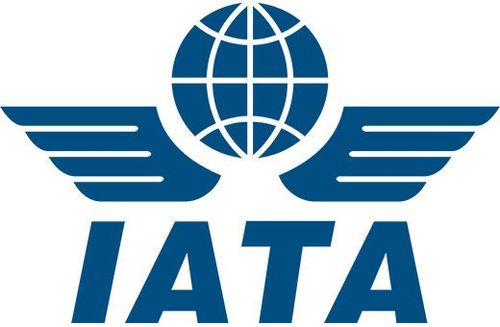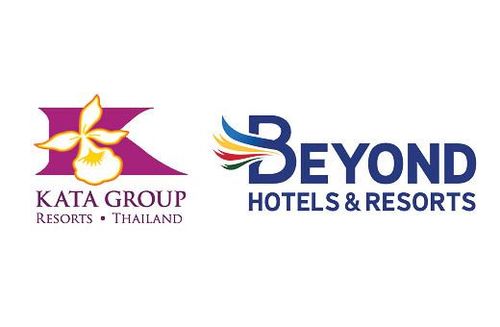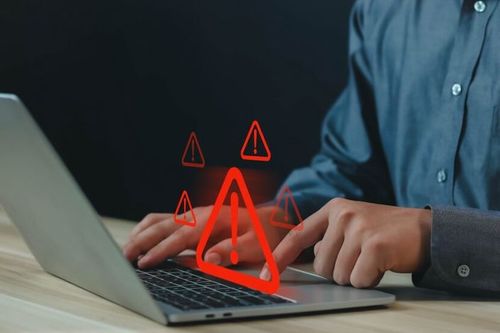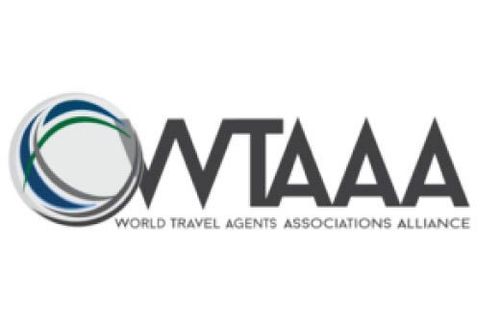Where travel agents earn, learn and save!
News / Fragmented EU Digital COVID Certificate Verification will undermine smooth summer travel
Airlines and airports are warning of major operational risks due to the inconsistent approach by Member States in applying the DCC across Europe
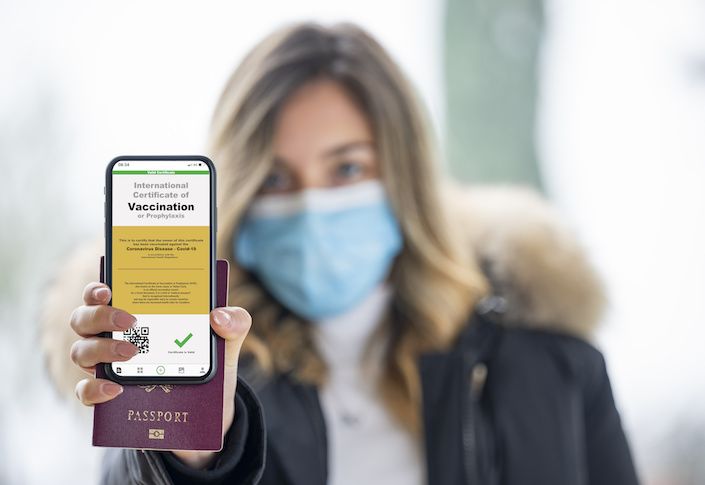
June 29 - Ahead of the July 1 deadline for Member States to implement the EUs Digital COVID Certificate (DCC) system – the crucial enabler for the restoration of freedom of movement within Europe - airlines and airports are warning of major operational risks due to the inconsistent approach by Member States in applying the DCC across Europe. In a letter sent on June 28 to the EU Heads of State (pdf), the industry urged leaders to harmonise DCC verification standards and protocols, to avoid unnecessary airport queues and ensure a smooth passenger experience.
While the European Commission has worked closely with industry and delivered in record time the adequate framework allowing for common and fully interoperable DCCs, no less than 10 different national approaches and solutions are currently under review across the EU. Combined with a lack of full and effective integration of the DCC in the passenger journey, as well as duplication of document checks (average check-in processing times, for example, have increased 500% to twelve minutes per passenger) – the current state of play threatens the success of this summer’s air travel restart and will undermine free movement of citizens across the EU. These issues have just been flagged by the European Commission, which yesterday issued recommendations and guidance to EU states to address them.
In particular, verification of the DCC must take place well in advance of departure and ahead of passengers arriving at the airport (‘off airport’), together with Passenger Locator Forms (PLFs) and without duplication of checks.
To ensure a smooth travel restart, airlines and airports continue to urge all Member States to:
• Develop a state portal to facilitate DCC verification directly by national authorities and limit health data processing by airlines. This online verification – when done off-airport through the state portal – should result in a standard signal such as a QR code provided by the passenger to the airline to facilitate the issuance of the online boarding pass • Ensure that the state portal for DCC verification also integrates the verification of the PLF form, ideally using the EU Digital Passenger Locator Form (dPLF) allowing the seat number to be provided after check-in • Ensure that the remaining DCC verification taking place at airports for holders of paper DCCs can be conducted using one single verifier app • Refrain from requesting DCC verification on arrival, as it would “serve little medical purpose, and could lead to unnecessary queuing” – as recognized in the EASA-ECDC Aviation Health Safety Protocol
European aviation remains one of the sectors hardest hit by the pandemic. According to the latest EUROCONTROL forecast, aviation is not expected to make a full recovery before 2024 at the earliest. Passenger traffic across the EU/EEA/Swiss airport network was still down by -77% in early June compared to pre-pandemic levels. Similarly, the recovery in air connectivity is proceeding at a slow pace, with over 5,600 air routes lost this month compared to June 2019. On the other hand, the desire to travel is strong, with 61% of Europeans’ surveyed wanting to travel between now and the next two months. In addition, passengers support digitalization processes: 89% want globally standardized COVID-19 test or vaccination certifications.
More Travel News:
MGM Resorts launches 100MW solar array, delivering up to 90% of daytime power to 13 Las Vegas resorts
NYC & Company launches largest-ever global Tourism recovery campaign “It’s Time for New York City”
Spanish hotel brands better resist Covid-19 in the ranking of the most valuable according to Brand Finance
Riviera Maya’s Palmaïa – The House of AïA accepted into Virtuoso Network



